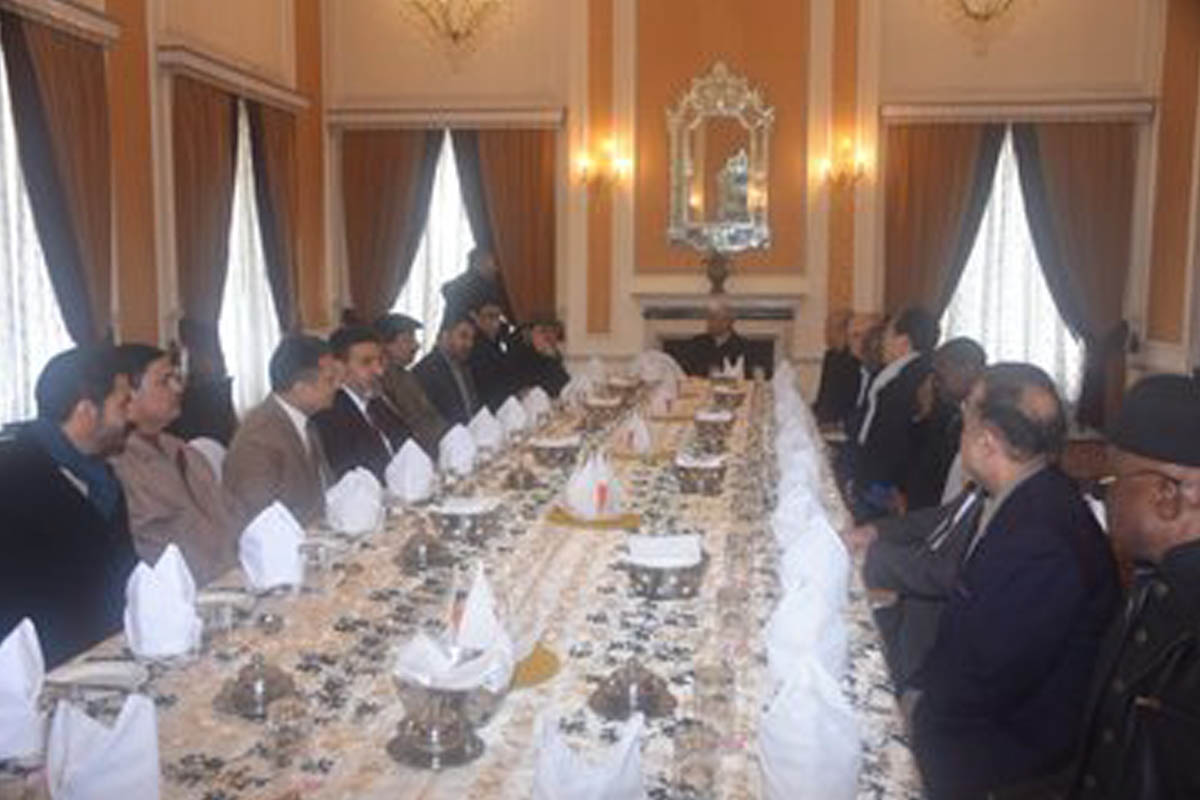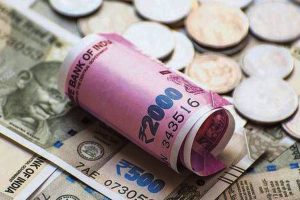Television grabs of the envoys of 15 countries being whisked through the streets of Srinagar in a cavalcade on Thursday amid heavy security cover was itself evidence that normalcy is far from being restored in Jammu and Kashmir. The sanitised visit saw the envoys of the US, Maldives, Norway, Argentina, Niger, Togo, Vietnam, Bangladesh, South Korea, Peru, Morocco, among others, meeting select politicians, civil society members and media representatives, all chosen by the government.
This when three former chief ministers and scores of other political leaders are still under detention five months after the abrogation of Article 370; mobile internet is yet to be restored in the Kashmir Valley and the media is faced with severe restrictions in doing its job. This two-day visit by the envoys comes after the October 2019 controversial visit by a group of Members of the European Parliament from largely right-wing parties.
Advertisement
Though reports of the European Union envoys refusing to go on a “guided tour” of Jammu and Kashmir and insisting on meeting the detained leaders, especially the former CMs, had been denied by the Ministry of External Affairs, it is clear that the foreign ministry’s diplomatic outreach to project normalcy in the troubled region has met with only partial success.
Several questions remain unanswered: why have Indian Opposition politicians not been allowed to visit the Union territory? Why has the economy in the valley not seen revival despite the claims by Prime Minister Narendra Modi and Home Minister Amit Shah that the abrogation of Article 370 would lead to prosperity and progress in J&K? Why has tourism, one of the key money-spinners of J&K, not picked up?
When will political activity in the true sense be restored? The government’s Kashmir move no doubt fulfils one of the key planks of the BJP’s ideology but has it come at the expense of international opinion about India as a functioning democracy with aspirations to being a world power. A dubious record like the longest internet shutdown in a democratic country, the presence of troops everywhere and the muzzling of voices of dissent are not the best ways to display that all is well.
Pakistan and the terror card have also outlived their utility as a justification for the lockdown. Now that the withdrawal of Kashmir’s special status is a done deed, it is obvious that the people are yearning to go about their lives with a semblance of normalcy. To truly integrate Jammu and Kashmir with the rest of the country, the stated aim of the government’s decision to revoke Article 370, its citizens must enjoy the freedoms other Indians do, including the right to communicate with whomever they choose, travel wherever they please and voice their opinions, however uncomfortable they may be for the dispensation in power.
The Supreme Court has now ordered restoration of internet for all essential services and review of the government’s decisions ~ especially the imposition of orders under Section 144 ~ in Kashmir within a week. By stating that “disagreement does not imply destabilisation” and that repetitive impositions of Section 144 are an abuse of power, the Court has put government on notice.











